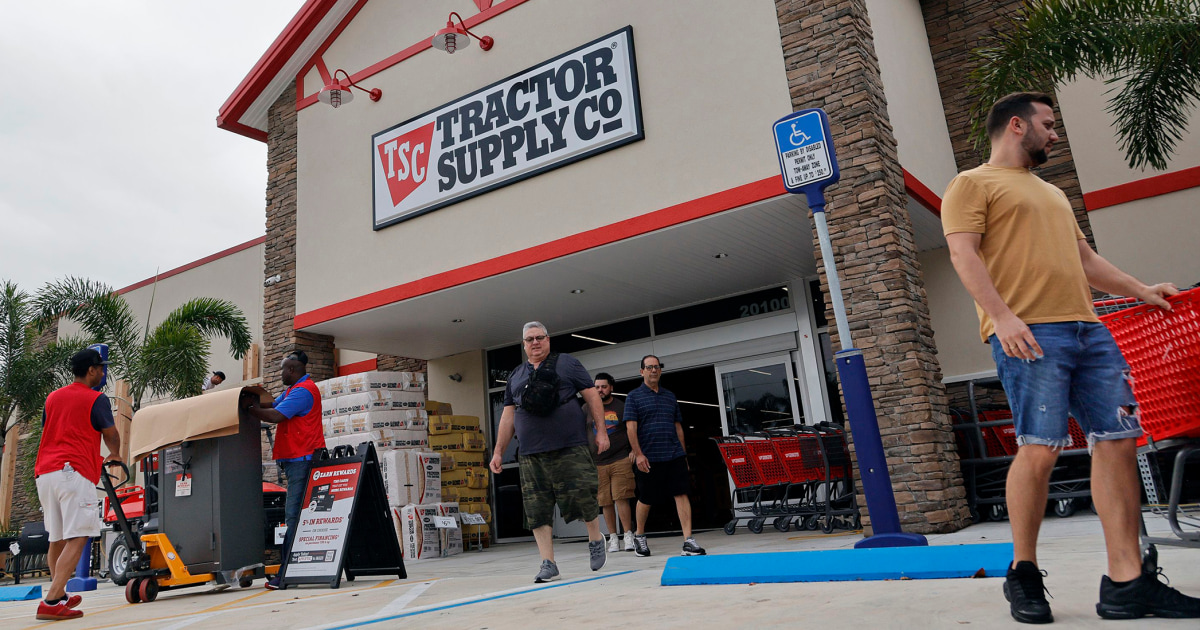In recent years, Diversity, Equity, and Inclusion (DEI) initiatives have become a focal point for U.S. retailers, reflecting broader societal shifts toward equality and representation. However, a paradox has emerged: while many retailers are publicly distancing themselves from certain DEI efforts due to escalating public scrutiny, a significant number are quietly maintaining or even expanding these initiatives behind the scenes. This duality raises critical questions about the authenticity of corporate responsibility and the future of DEI in an increasingly polarized environment.
Understanding the Landscape of DEI in Retail
DEI initiatives in retail are designed to foster an inclusive environment that not only resonates with diverse customer bases but also supports minority employees. These programs often encompass hiring practices, training programs, and outreach efforts aimed at underrepresented groups. Yet, as political and social climates shift, the commitment to such initiatives has come under fire.
The Rise of Public Scrutiny
In the wake of heightened awareness around social justice issues, many retailers launched ambitious DEI programs. However, as conversations surrounding these efforts evolved, some companies faced backlash for perceived overreach or for failing to deliver on promises. This scrutiny has led to a reevaluation of DEI strategies, particularly in states where legislation has been enacted to limit discussions about race and diversity in corporate settings.
- Backlash from Conservative Groups: Retailers have found themselves at the mercy of organized campaigns that challenge their DEI efforts. This backlash often comes from conservative groups who argue that these initiatives promote division rather than unity.
- Impact of Social Media: The instantaneous nature of social media means that any misstep can quickly become a public relations nightmare. Retailers are increasingly cautious about how they present their DEI commitments in the public eye.
The Shift to Private Support
Amidst public pressure, many retailers have opted to scale back their visible DEI initiatives. However, this does not necessarily indicate a complete abandonment of these efforts. Instead, numerous companies are choosing to support DEI initiatives privately, often citing a desire to avoid controversy while still believing in the underlying principles of diversity and inclusion.
This approach raises several questions:
- Are these companies being authentic in their commitment to DEI? By taking their initiatives underground, are they compromising their values for the sake of public perception?
- What does this mean for employees? If DEI efforts are not visible, how can employees, especially those from marginalized backgrounds, feel supported and valued?
The Implications of the Duality of DEI
The dual approach to DEI—where public support is waning while private initiatives continue—carries significant implications for retailers, employees, and consumers alike.
Retailers are tasked with maintaining their brand identity while responding to shifting public sentiments. The challenge lies in balancing the expectations of consumers who demand accountability and transparency with the realities of operating in a politically charged environment. Brands that once championed their DEI efforts publicly may now find themselves at a crossroads, needing to redefine what corporate responsibility looks like in practice.
For Employees: The Experience of Inclusion
Employees, particularly those from underrepresented backgrounds, may experience confusion and frustration when they perceive a disconnect between a company’s public persona and its internal practices. The lack of visible DEI initiatives can lead to feelings of alienation and mistrust, negatively impacting employee morale and retention.
- Employee Engagement: Organizations that fail to communicate their DEI efforts—even if they exist—risk losing the engagement of their workforce. Employees want to work for companies that share their values.
- Retention Challenges: A lack of visible commitment to DEI can make it harder to attract and retain diverse talent, ultimately impacting a retailer’s bottom line.
For Consumers: The Demand for Authenticity
Consumers are increasingly savvy and attuned to corporate messaging. They expect brands to not only espouse values but also embody them in their practices. As a result, retailers must tread carefully. The duality of DEI can lead to consumer skepticism, especially if they perceive discrepancies between a brand’s public statements and its actions.
To navigate these challenges, some retailers are beginning to adopt more transparent communication strategies, acknowledging the complexities of their DEI journeys while committing to continual improvement. This approach can help bridge the gap between public perception and private action.
The Path Forward: Embracing Authenticity in DEI
As the landscape of DEI continues to evolve, U.S. retailers have a unique opportunity to redefine their approach. Here are some strategies that can help companies embrace authenticity in their DEI efforts:
- Transparent Communication: Companies should strive for transparency in their DEI goals and progress. Sharing successes and challenges can build trust both internally and externally.
- Employee Involvement: Engaging employees in the development and execution of DEI initiatives can foster a sense of ownership and commitment across the organization.
- Long-term Commitment: Retailers should view DEI as a long-term strategic priority rather than a short-term trend. This commitment can help them weather political and social turbulence.
Conclusion
The duality of DEI initiatives among U.S. retailers is a reflection of the complex societal landscape in which they operate. While public scrutiny may lead to a retreat from visible DEI efforts, many companies continue to support these principles behind closed doors. As the conversation around diversity, equity, and inclusion evolves, retailers have the opportunity to embrace authenticity, ultimately strengthening their brand identity and fostering a more inclusive workplace. By navigating this duality thoughtfully, retailers can align their actions with their values, creating a positive impact for both employees and consumers.
See more Business Focus Insider Team

